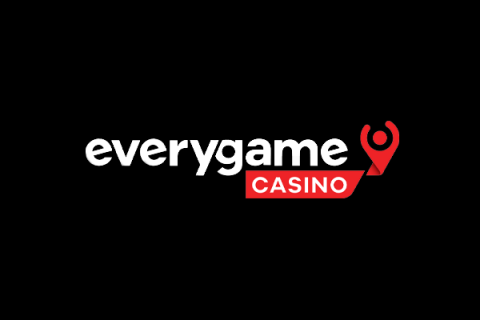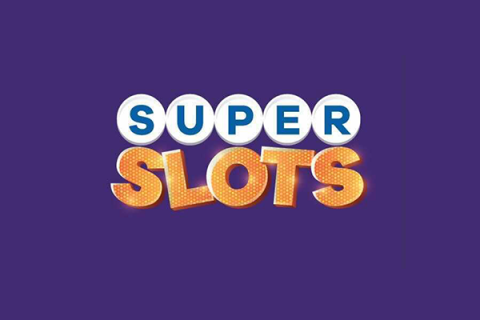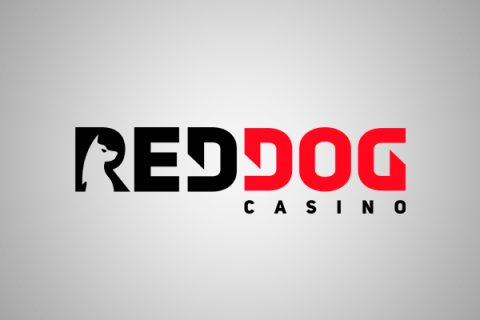New UK Gambling Caps Could Push 40% of Players Offshore, Asserts New Study

A newly proposed gambling bill in Ireland is set to introduce significant limitations on winnings and bets for roulette and card games. The legislation suggests capping winnings at €3,000 ($3,210) and restricting individual bets to a maximum of €10 ($10.70).
However, the gambling industry has raised substantial concerns about these proposed caps. Industry experts argue that such limitations could inadvertently push consumers towards unregulated and potentially dangerous black market operations.
An analysis by Regulus, a UK-based gambling consultancy firm, indicates that these changes could impact between 30% to 40% of online gaming activities in Ireland. This shift might result in a significant revenue loss, estimated between €80 million ($85.6 million) and €100 million ($107 million) annually.
The potential impact on the black market is a major concern. If consumers are unable to place higher bets or win larger sums through regulated channels, they may turn to black market operators who offer games with higher jackpots and no betting limits.
This could lead to a substantial portion of both revenue and customer engagement moving away from regulated platforms. Additionally, there is a risk that more players might place riskier bets at longer odds, hoping to secure higher winnings than those permitted under the new legislation.
Paul Leyland, co-founder of Regulus, has offered critical insights into the potential consequences of these regulations. Leyland argues that while a €10 ($10.70) bet limit may be reasonable for slot machines, the proposed €3,000 ($3,210) prize limit could be detrimental.
High-value customers, who play a significant role in the gambling industry, might find these restrictions particularly prohibitive. For instance, top Irish racing owners and trainers, who typically expect to win more substantial amounts, may opt for the black market if they find the regulated market’s limits too restrictive.
Leyland stresses that once high-value customers turn to the black market for certain products, there is a considerable risk that they might abandon the regulated market entirely, as consumers rarely switch to the black market for only one type of gambling product.
As an alternative to these stringent limits, Leyland suggests implementing affordability checks similar to those used in Germany. These checks would allow individuals to apply for increased limits, ensuring that the restrictions do not disproportionately affect high-value customers.
He also cautions that legislation is often challenging to amend, and any future periods of high inflation might necessitate revising these limits to remain effective and fair.
From the government’s perspective, the Department of Justice has defended the proposed caps, stating that they are a continuation of measures introduced in 2019, albeit with necessary updates. The new Gambling Regulatory Authority will be granted the power to adjust these limits as needed to respond to changing circumstances.
- Other news categories:
- SlotsUp's news



